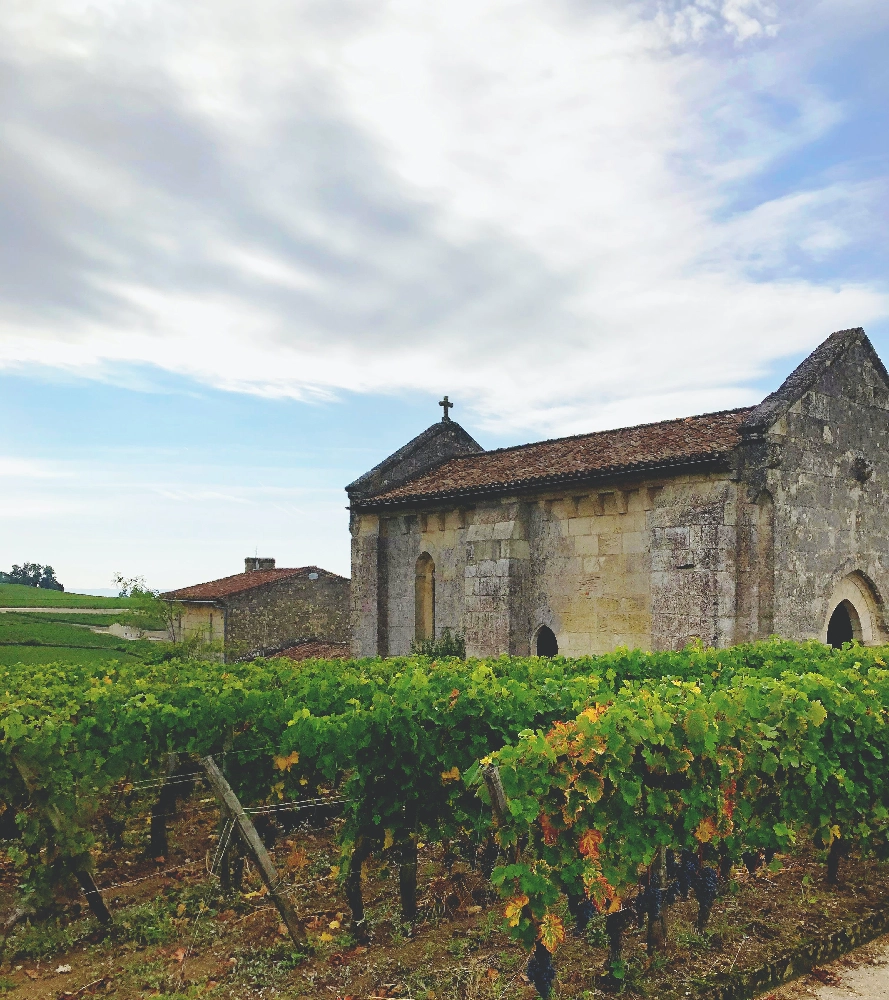
Kastoria Wineries & Wines Stats
Wineries
1
Wines
5
A Viticultural Exploration of Kastoria, Greece: Unveiling the Secrets of Terroir in Europe's Hidden Gem
Introduction: Kastoria, a hidden gem nestled in northwestern Greece, is an emerging viticultural region that has recently gained recognition for its unique terroir and high-quality wine production. Situated between the pristine waters of Lake Kastoria and the enchanting landscape of the Pindos Mountains, this region offers an intriguing blend of geology, climate, and heritage that sets it apart from other European wine regions (1). In this review, we delve deeper into the viticultural influences that shape Kastoria's wines, exploring its grape varieties, pairings with local cuisine, and the region's distinctive wine styles.
Geography and Climate: Kastoria boasts a complex geological makeup featuring various soil types, including schist, marl, limestone, and alluvial deposits. The vineyards are primarily located on terraces along the slopes of the Pindos Mountains, where they benefit from the region's unique climate characterized by warm summers, cool autumns, and significant diurnal temperature fluctuations (2). This climatic condition allows grapes to ripen slowly while retaining their natural acidity and aromatics.
Grape Varieties: Kastoria is home to a diverse array of indigenous and international grape varieties. Among the most prominent local grapes are Limnio, Athiri, Roditis, and Mavrodafni. Limnio (also known as Xinomavro in other parts of Greece) is a red grape variety that exhibits strong tannins, high acidity, and bright red fruit flavors. Athiri is a white grape used primarily for producing aromatic, light-bodied wines with citrus and tropical fruit notes. Roditis is another red grape that yields elegant, medium-bodied wines with red fruit flavors and subtle spice characteristics (3). Lastly, Mavrodafni, a red grape of ancient origin, is used to produce the region's celebrated sweet wines known as Muscat de Kastoria or Mavrodaphne.
International varieties such as Cabernet Sauvignon, Merlot, Syrah, Chardonnay, and Sauvignon Blanc are also cultivated in Kastoria, contributing to the region's diverse wine portfolio (4).
Wine Styles: Kastorian wines showcase a unique blend of traditional winemaking practices and modern innovation. Red wines from Kastoria are characterized by their complex tannin structure, rich fruit flavors, and subtle spice notes, reflecting the region's terroir (5). White wines exhibit vibrant acidity, citrus notes, and a mineral character that complements local dishes.
The region is particularly famous for its sweet wines, which are produced through a traditional method known as "appassimento." This technique involves drying the grapes under the sun before fermentation, resulting in deeply flavored, complex wines with notes of dried fruits, spices, and honey (6).
Pairings with Local Foods: Kastorian cuisine is renowned for its hearty dishes that showcase local ingredients such as wild mushrooms, game meats, lake fish, and olive oil. The bold flavors and complex structures of the region's red wines make them perfect companions to these dishes. White wines, with their vibrant acidity and citrus notes, pair beautifully with lighter dishes like fresh lake fish or grilled vegetables (7). The sweet wines from Kastoria are best enjoyed as dessert wines or paired with strong cheeses for an unforgettable culinary experience.
Conclusion: Kastoria's unique viticultural influences, rooted in its rich geology, complex climate, and diverse grape varieties, make it a captivating wine region that continues to surprise and delight connoisseurs worldwide. As research into this hidden gem of Europe's wine scene continues to unveil its secrets, we can only expect the wines of Kastoria to gain even more recognition and acclaim on the global stage.
References: (1) Greek Wine Pagess. (n.d.). Kastoria. Retrieved from https://greekwines.com/regions/kastoria/ (2) Wine Enthusiast. (2021). Greece: Northwest and the Ionian Islands. Retrieved from https://www.winemag.com/regions/europe/greece-northwest-ionian-islands/ (3) Greek Wines. (n.d.). Red Grapes of Greece. Retrieved from https://greekwines.com/grape-varieties/red-grapes/ (4) Wine Folly. (2018). Kastoria Greece Wine Guide. Retrieved from https://winefolly.com/tutorials/kastoria-wine-guide/ (5) Decanter. (n.d.). Red Wines of Greece. Retrieved from https://www.decanter.com/wine/regions/europe/greece/red-wines-307249 (6) Greek Wines. (n.d.). Sweet Wines of Greece. Retrieved from https://greekwines.com/grape-varieties/sweet-wines/ (7) Kastoria Tourism Board. (n.d.). Gastronomy in Kastoria. Retrieved from http://www.kastoriantourism.gr/en/gastraonomy/index.html
